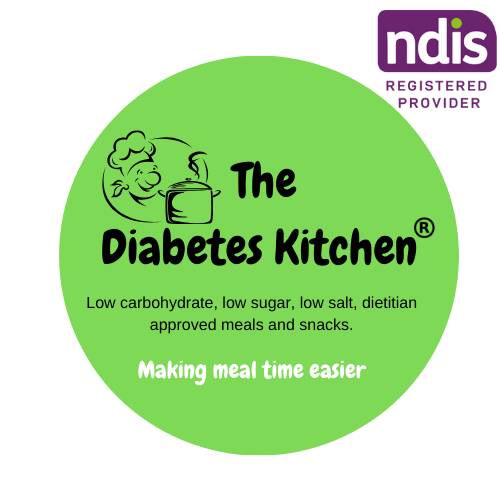Good nutrition is about supplying the body with essential nutrients from food and other sources. It also depends on how food processed and utilised. The term ‘nutrition’ is derived from the Latin word nutrire, meaning to feed, nurse, support, and preserve. It literally means “she who gives suck” – referring to the variety of ways the body makes use of food. Nutrition is responsible for the health, growth, and overall functioning of the body.
The nutrients we eat are pivotal in all human processes and body systems, from the digestive system to the nervous system. Nutrients feed the body to fight disease, create enzymes and hormones and are fundamental for all biochemical processes that occur within us.
From energy sources to hormone production and immunity to hair growth, everything that happens in the body is a result of nutrition. Poor nutrition can result in ill health, while good nutrition can result in good health. The food we eat plays a vital role in an individual’s health and wellbeing as nutrient intake is essential in all processes of life, including helping to manage good mental health.
Our bodies require optimal nutrition for: • Growth and development • Reproduction • Physiological functions • Heat production • New tissue synthesis • Reducing the risk of diseases • Prolonging the quality of life.
Essential nutrients are necessary for optimal health, but our bodies cannot synthesise them on its own or in large enough quantities. Therefore we must source the essential nutrients from our diet. These nutrients are necessary for the body to function correctly. The six essential nutrients are:
1. Protein
2. Fats
3. Carbohydrates
4. Vitamins
5. Minerals
6. Water.
These nutrients can further be divided to two major groups:
1. Macronutrients
2. Micronutrients
Macronutrients are the foundation of all food sources. Every single food and beverage (except water) comprises one or a combination of the four macronutrients. Macronutrients are organic compounds found in nature required in large portions. They are broken down into smaller structures to sustain the human body’s vital processes, such as energy provision to maintain body functions (e.g. digestion of food) and to carry out daily activities (e.g. working and exercising). There are three (3) main macronutrients:
1. Protein
2. Fats (lipids)
3. Carbohydrates.
Many people do not realise that there is a fourth macronutrient, alcohol. While alcohol is not required for healthy human function, it is a commonly consumed (often overconsumed) source of calories, which should be considered when addressing nutrition (if it is an existing part of an individual’s diet).
Macronutrients are considered the nutrients that the body requires in larger amounts (besides alcohol), micronutrients are the nutrients that the body needs in smaller quantities. However, this doesn’t make micronutrients any less significant when compared to macronutrients. Micronutrients are inclusive of all vitamins and minerals and can be divided into four categories:
1. Water-soluble vitamins
2. Fat-soluble vitamins
3. Macrominerals (or major minerals)
4. Microminerals (or trace minerals).
The body requires some micronutrients in larger amounts, some in smaller trace amounts. They are all necessary for numerous functions in the body, including: • Digestion • Cellular activity • Hormone production •Immunity • Thermoregulation • Energy production
The difference between vitamins and minerals is that vitamins are organic substances made by plants or animals. In contrast, minerals are considered inorganic elements that originate from water and soil and are absorbed by plants or eaten by animals.
The information in this article was supplied by Vast Fitness Academy - where our Diabetes Kitchen staff receive their Cert 4 in Nutrition.





